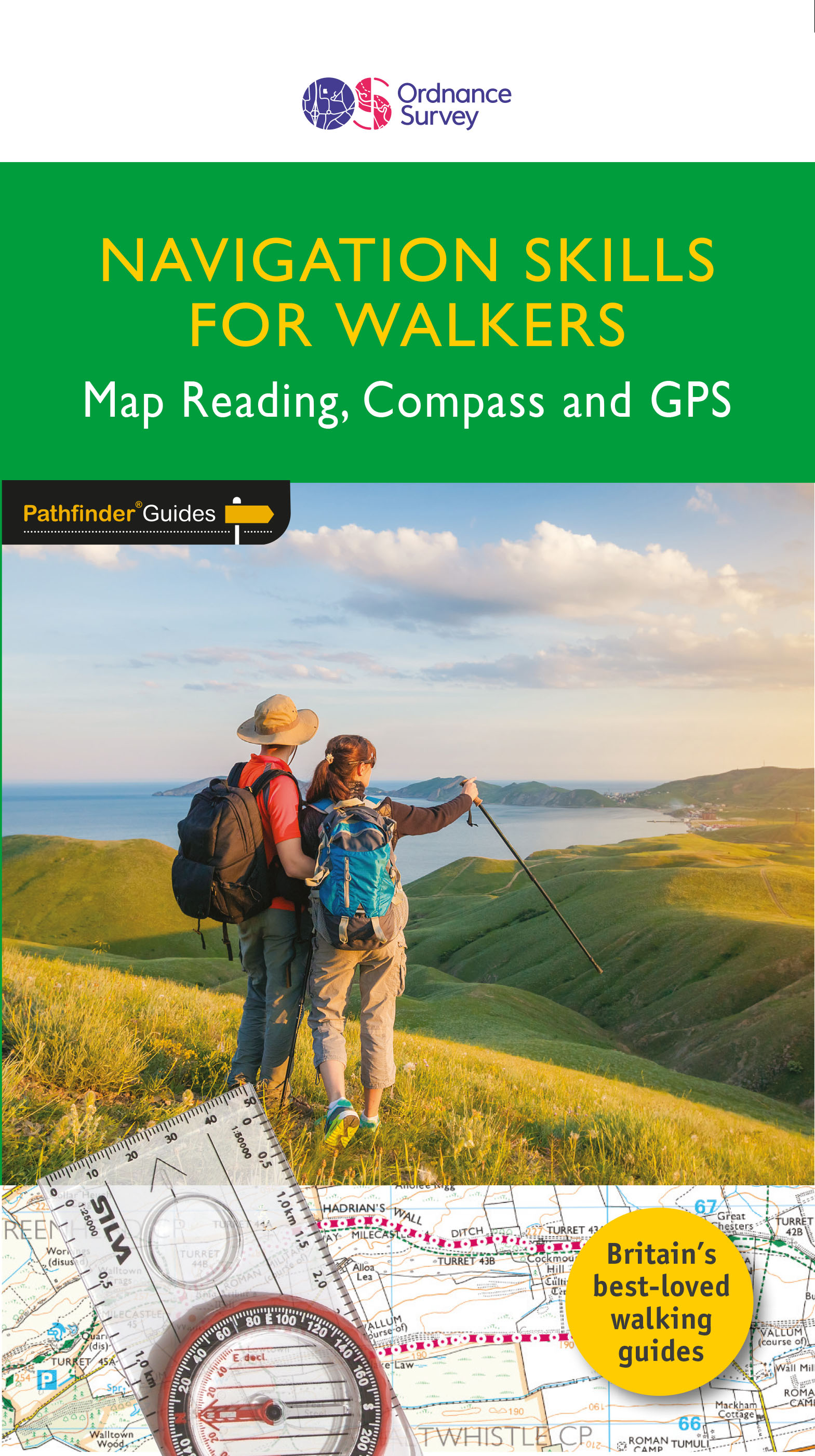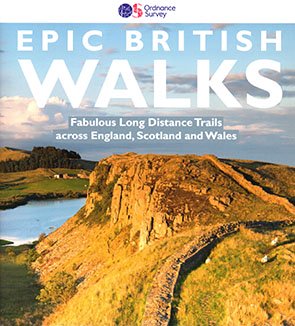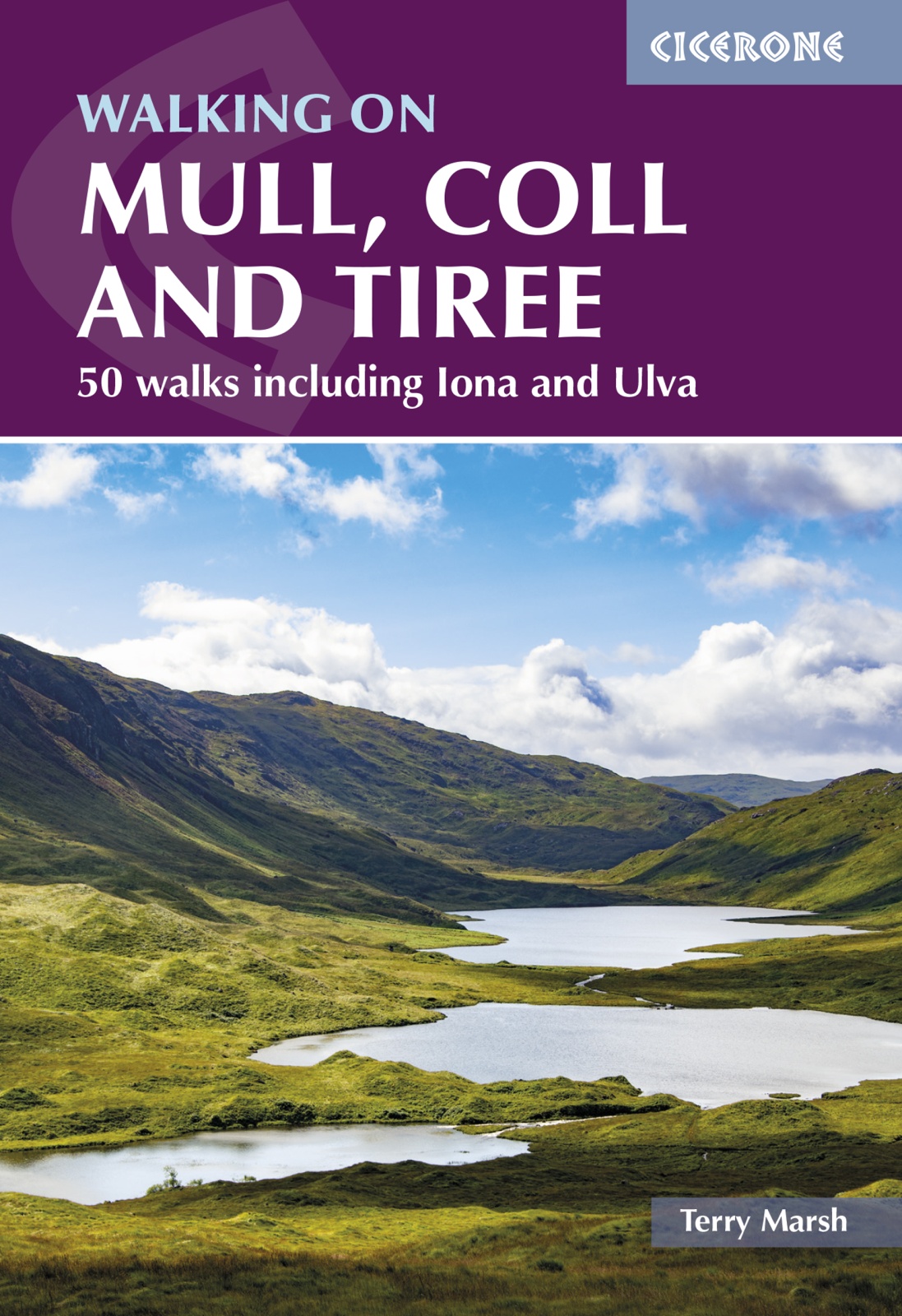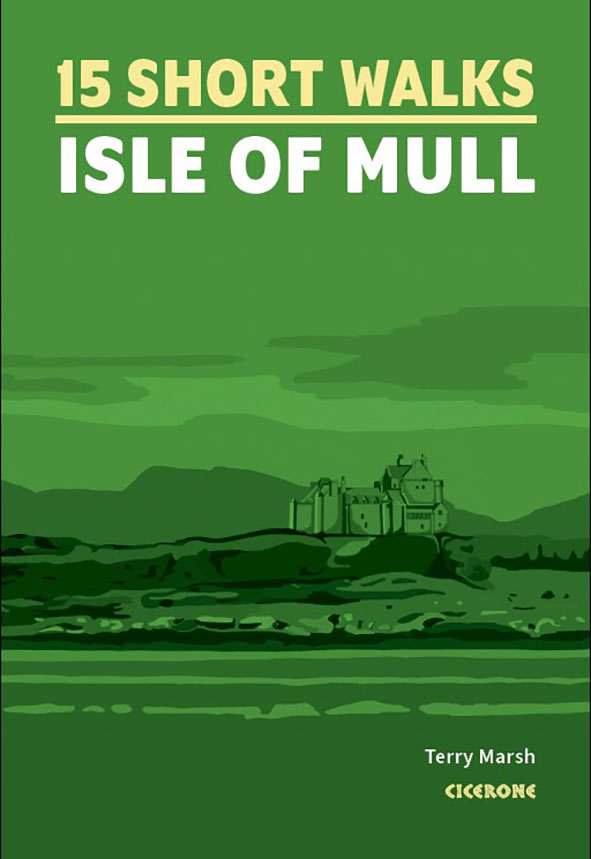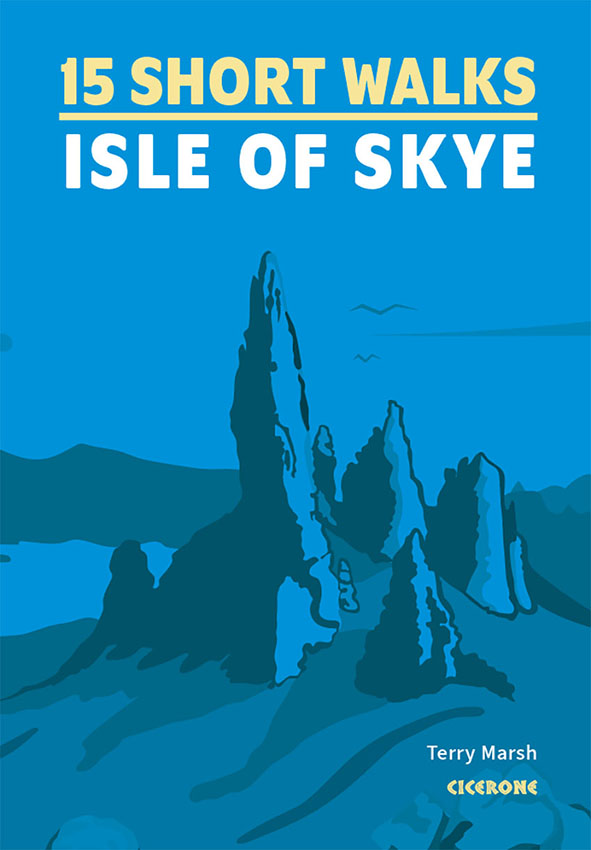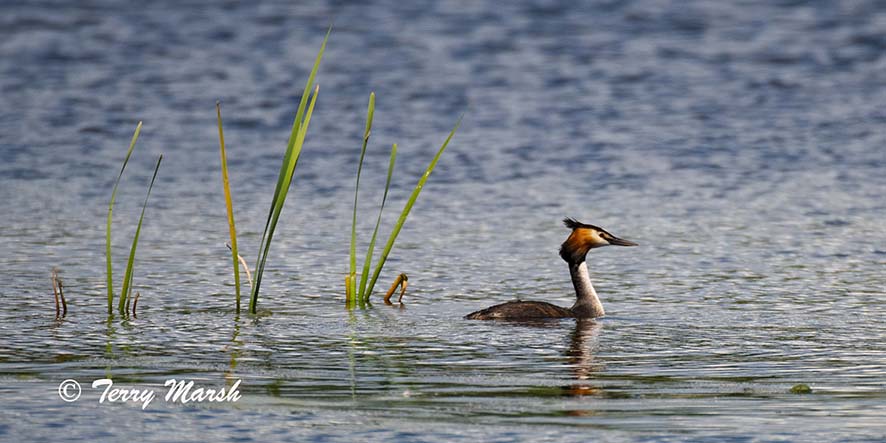
TERRY MARSH
WRITER : PHOTOGRAPHER
in the beginning:
a backstory
One warm, sunny day in 1969, at the tender age of 26, I climbed my first mountain: Causey Pike in the Lake District. I hadn’t a clue what I was doing; I just saw this inviting, knobbly skyline and decided to go for it. You do that sort of thing when you’re 26 and haven’t a care in the world.
A week later, I climbed Ben Nevis, because by then I’d learned the Ben was the highest mountain in Britain, and you get drawn to that sort of thing. I had boots, reasonable protective clothing and something vaguely resembling a rucksack, and set off following a line of folk seemingly doing the same. When I reached the summit, having by then consumed all the coffee and water I had with me, I sat next to a young boy who produced a tin of fruit cocktail from his bag and joyfully spooned it into his mouth. I could have killed him, were it not for the fact that it swiftly brought home to me how inadequately I was prepared; I’m not even sure I could read a map in those days. But I was smart enough not to be dumb enough to think I knew it all.
In fact, I knew nothing.
A year later I got a job in Bangor, North Wales, the long profile of the Carneddau sitting on the horizon as I gazed south from my living room window far too much of an invitation to resist for long. But I was lucky; I’d learned a lesson on Ben Nevis, and was fortunate to realise it. And that sent me scampering to outdoor equipment shops in Bangor and Bethesda in search of better equipment, better boots, better waterproofs, maps, a compass and anything else I could think of. Then, like you do, I headed for Snowdon, from Llanberis. Above the Half Way House it was snow cover, but, undaunted, I plodded on, after all, I’d climbed the highest mountain in Britain; I was knowledgeable, experienced.
Except, I wasn’t. I’d been getting away with it, a point brought home to me a few weeks later when I tackled Pen yr Ole Wen in what turned out to be white out conditions. But by then, nights poring over maps had given me the ability to match map and what landscape I could see, and I found a way down again. Oddly enough, my son was to do exactly the same thing 40 years later.
But what I’d learned on Snowdon, Ben Nevis and Pen yr Ole Wen, was that you can’t take mountains, even our modest British ones, for granted. Again, fortune struck when I met a man, then in his seventies; Brett was his name – I never learned his surname. But he came across to Snowdonia every weekend from Prestatyn, and walked the mountains. He took me under his wing, and taught me a great deal, most of all caution, and appreciation. He taught me how to walk among mountains. I still fasten my bootlaces the way he showed me, and I still think of him.
In the three months following my move to Bangor, I had ascended every summit in the national park. I still don’t believe it myself, but my records say I did. How my young wife put up with me disappearing every weekend, I don’t know. But she always had a meal on the table when I got back, even when I turned up with a couple of lost strays. These days, I look at my notes, and I can’t believe the sort of thing I got up to: Bus from Bangor to Ogwen, then ascend Tryfan, the Bristly Ridge, the Glyders and down through the Devil’s Kitchen … and then walk the 9 miles home along the A5.
But all that effort, all that enjoyment, bred experience. I knew I didn’t have it when I’d started, and I knew I needed to acquire it. I just took things easily, well, as easily as you can when all you have to play with are the summits of Snowdonia. Not surprisingly, that became the title of my first book – The Summits of Snowdonia, published in 1984 by Robert Hale.
In the intervening years, I became a voluntary warden in the national park, ranging further and further into it valleys – it didn’t all have to be about mountains. Back in Lancashire in 1972, two years later I became a voluntary warden in the Lake District. And it has been on that gradual build-up of experience that my confidence as a hill walker – I’d never call myself a mountaineer, even though I have been over 3000 metres in the Pyrenees and the Alps several times – grew and became firm, but not so firm that I ever forgot there is always more to learn. My feet were firmly on the ground – except when I was fell running, when I rarely knew where my feet were. Ben Nevis, best time 2 hours 15 minutes, up and down, from Achintee, was flying, but in the race in 1979, by the time I reached the summit, the first 19 runners had already finished the race! Forty-five ascents later, I’ve given up on the Ben … maybe. Ditto, Snowdon, after 65+ ascents. I haven’t reached 100 Munros; I never will, and I know that if I hadn’t done so many repeats on the Ben and Snowdon – and lots of other summits, too – I could have done more Munros. C’est la vie!
But it was never a question of how many times I climbed this or that mountain; it was a question of how many times I’d thoroughly enjoyed myself … and that was every time, without exception.
Well, that’s not entirely true. In 1978, I set off to ‘do’ the national Three Peaks – Ben Nevis, Scafell Pike and Snowdon, non-stop. The Ben came and went fairly smoothly, but by the time I got to the Lake District it was gale force wind and rain. But I was okay; I was young and strong, and I had the Territorial Army using me as a training exercise, by providing security backup throughout. In the Lakes, the rain had me sodden by the time I reached Stockley Bridge, where I met one of the TA support team coming down. I could tell he was tired by the way he only used two fingers to give me a cheery wave. Up on top, the team were supposed to be waiting in Calf Cove, but weren’t; they’d dashed for cover of the Esk Hause shelter, not realising I was taking a shortcut. I made it to the summit of Scafell Pike; no team; I talked to the rocks, but none spoke back. So, I headed down. At Calf Cove I missed my shortcut, and ended up at the top of Dungeon Ghyll before I knew for sure where I was. So, back up to Esk Hause, back to where I’d gone wrong, and where I could put things right. I could have died up there; it took thirty minutes for my tired brain to work out how to change the battery in my torch, and all the while I sat there in a puddle thinking about hot rice pudding.
I later added Carruantoohill in Ireland to make up the Four Peaks, and in 1980, Slieve Donard to give the Five Peaks. I did those in 34 hours 45 minutes, which I think is still the record, but only because no-one else is daft enough to do it.
It had started with Causey Pike and a measure of good fortune, but I learned from every day out; I learned something new, something that one day would, might, save my life. And I’ve enjoyed every moment, every single step, including those that hurt.
From small beginnings …
